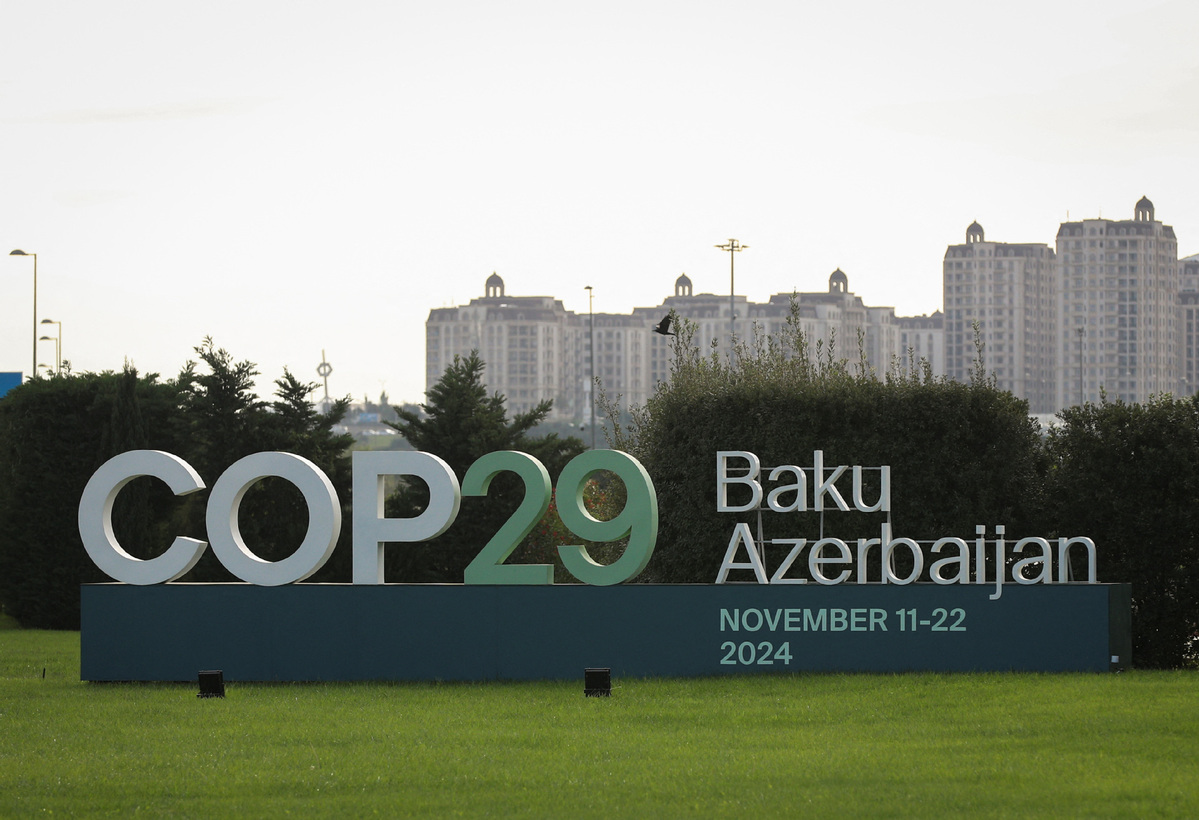
The 2024 UN Climate Change Conference, or COP29, in Baku, Azerbaijan, which concluded on Sunday — it was originally scheduled to come to a close on Friday — saw the presence of the Afghanistan delegation for the first time since the Taliban returned to power in 2021.
Experts said Afghanistan has been prone to all kinds of natural disasters, including earthquakes, floods and landslides, and is urgently in need of concerted international relief efforts to deal with extreme weather conditions, especially harsh winter.
Representatives from the Taliban took part in the conference, where they had only observer status. According to ToloNews, Matiul Haq Khalis, the head of the Taliban delegation at COP29, held meetings on the sidelines of the conference with representatives from the United Nations Climate Technology Centre& Network, the Green Climate Fund, the Global Environment Facility, and delegations from Bangladesh and Qatar.
Khalis told Agence France-Presse that the delegation attended the meeting with the aim of conveying a message to the world that climate change is a global issue.
Anjal Prakash, an associate professor and research director at the Bharti Institute of Public Policy, a think tank under the Indian School of Business, said, "Afghanistan's participation in COP29 marks a pivotal moment in our climate journey, highlighting the urgent need for global collaboration to address the severe environmental risks our nations face."
According to him, as one of the countries most affected by climate change, Afghanistan has endured devastating floods, droughts, and other natural disasters.
"Their presence at this summit underscores our commitment to environmental protection and the necessity for international support," he said. "It's crucial that Afghanistan turns this opportunity into action, fostering partnerships that prioritize sustainable solutions and resilience for Afghanistan and the broader Central Asian region."
Plato Yip Kwong-to, chairperson of the nonprofit Friends of the Earth (HK), who attended this year's climate change conference, said Afghanistan has experienced erratic rainfall, prolonged drought conditions, and devastating flash floods. Recent assessments rank the country as the sixth most climate-vulnerable country globally, underscoring the critical need for international support, he added.
"In my opinion, the people of Afghanistan are confronting severe climate challenges, and it is essential for developed countries to lend assistance in addressing these issues," said Yip. "Collaborative efforts are vital to provide necessary support for adaptation and resilience initiatives, particularly for those most vulnerable to the effects of climate change."
Zhao Yingmin, head of the Chinese delegation to COP29, told China Daily from Baku that climate change constitutes an issue that commonly confronts humankind, "a community with a shared future".
In the face of the forceful impact of climate change, none of the countries can stay free from it, and none of them can just sit back and do nothing, he said. "Although the world is not all at peace, and the influence of geopolitical problems has been relatively complicated, issues such as climate change can bring all closely together, and unity, solidarity, and win-win collaboration have become the only way forward to solving the common challenges of mankind."